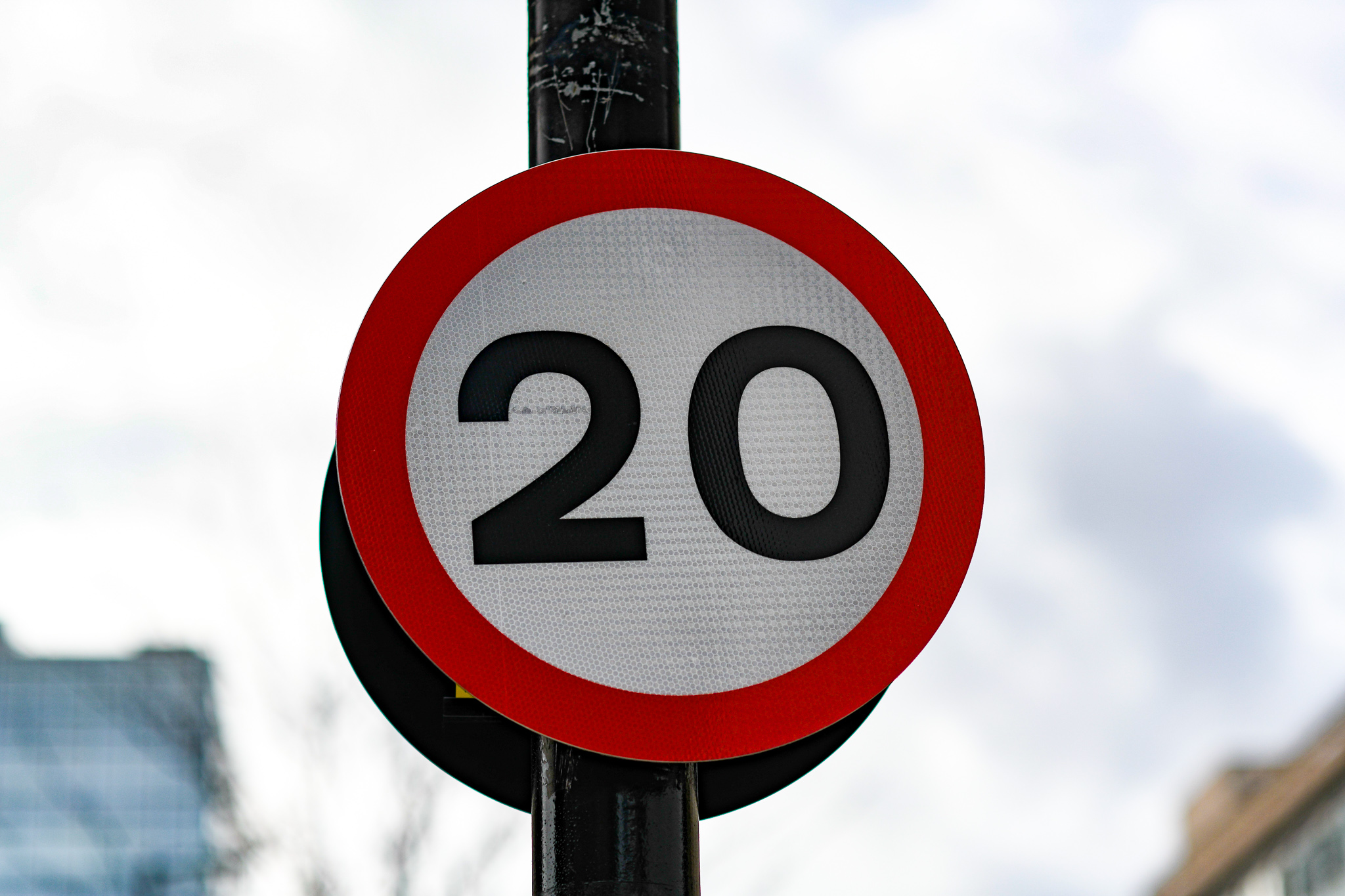Greatest support for 20mph speed limit in the South East

New research has found that support for the introduction of the 20-mph speed limit is greatest in the South East of England. Almost a quarter (23%) of respondents to a Venson Automotive Solutions survey from that part of the country backed the lower speed limit. Meanwhile, in Wales where the default speed limit was most recently changed from 30-mph to 20-mph, just 8% say they support its introduction.
Across the country as a whole, one-in-seven (14%) respondents said that they would support the introduction of a 20mph speed limit in their area. Furthermore, despite the lower speed limit reducing the frequency of accidents involving fatal or serious injury by about 53%, one in three drivers confess to regularly ignoring it. The findings follow Brake's annual Road Safety Week[1] that put the spotlight on the dangers of speeding, which kills five people on the UK's roads every day.
With an estimated 12.3 million cars being used for business travel, including grey fleet drivers, Venson is urging businesses to play their part in educating drivers on the life-saving impact of 20-mph speed zones. Simon Staton, client management director of Venson Automotive Solutions, said: "In the right places, like residential streets, around schools and in busy pedestrian areas, slowing down can deliver huge safety benefits as well as help reduce harmful emissions and make our towns and cities nicer places to be. "Despite media rhetoric, 20-mph zones are not introduced arbitrarily, councils must go through Traffic Regulation Orders to reduce speed limits, to prove they are justified.
They truly are there for a reason." Venson's research also highlights that the group of drivers most likely to only adhere to a 20-mph limit if a speed camera is present, are those aged between 18-24 (20%). Meanwhile 11% of men avoid roads with a 20-mph speed limit altogether, compared to 6% of women.
Businesses that monitor driver behaviour using telematics, says Venson, will be able to ascertain which of their fleet drivers need guidance or indeed training to ensure they comply with the 20-mph limit, as well as recognise and reward those that actively respect the law.
"Restricting speed limits with 20-mph zones has been proven to reduce road deaths," continued Staton. "Of course, many fleet drivers are in high pressured jobs with delivery targets and deadlines to meet, but nothing is more important than a person's life.
"Fleet drivers should never feel under pressure to speed and by reinforcing the message that slower limits are in place to reduce road casualties and fatalities, businesses can garner greater support of them and bolster the good that they do."
References
- ^ Road Safety Week (www.fleetnews.co.uk)